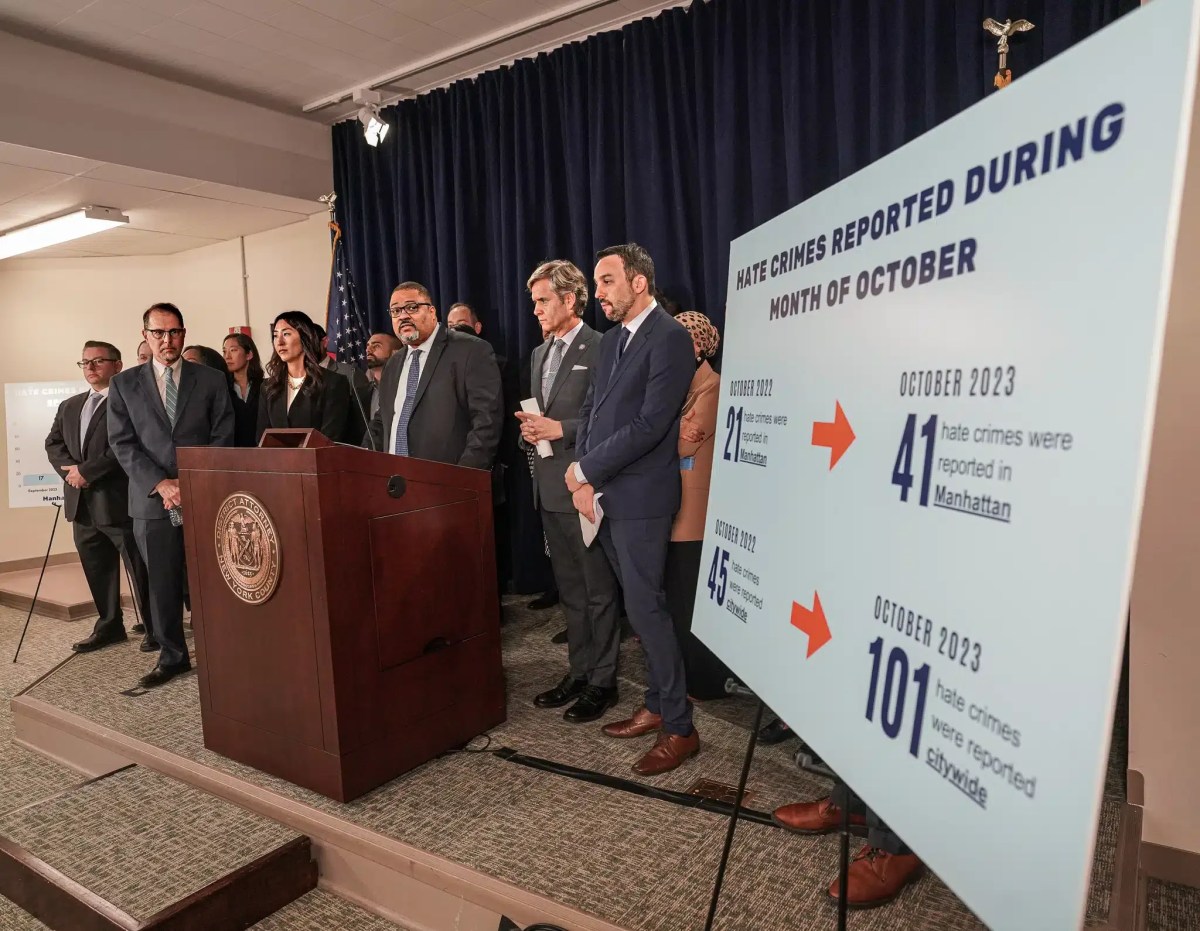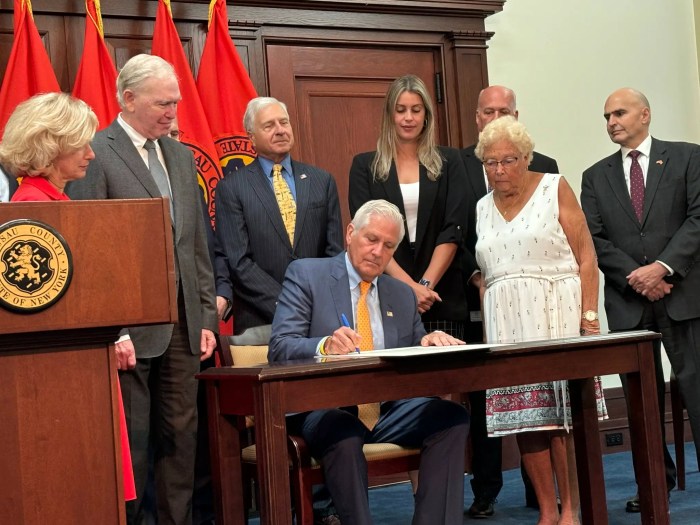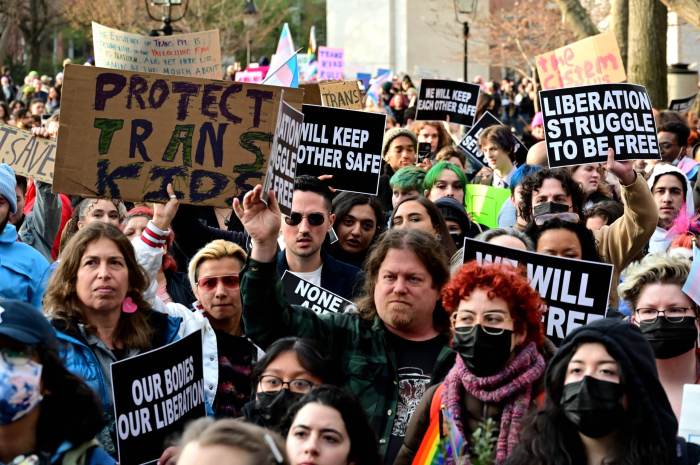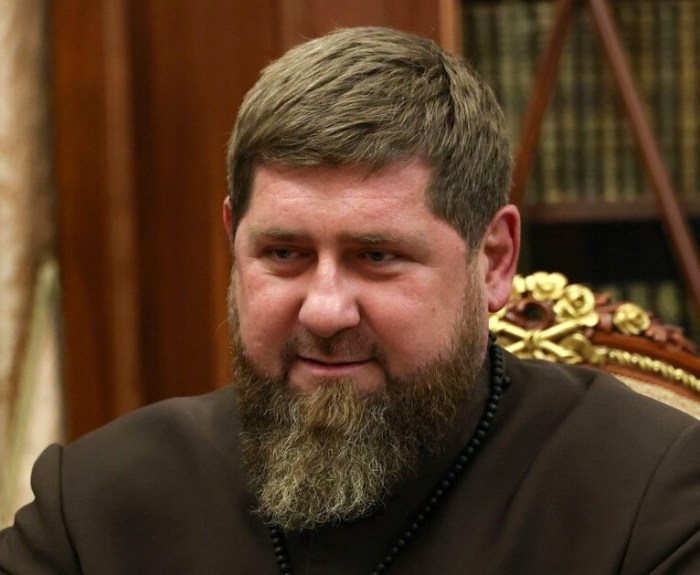The NYPD’s latest statistics on hate crimes revealed a significant increase in anti-Jewish incidents last month in the wake of the Israel-Hamas war — and other forms of bias, including anti-LGBTQ and anti-Muslim incidents, were also up, underscoring the need for a robust response from all levels of government and the local community.
Many of the incidents of hate unfolding in recent weeks have been particularly alarming. Bias incidents shot up by 124% in October 2023, going from 45 in October of 2022 to 101 in October of this year. There were three times as many anti-Jewish hate crimes last month compared to the same month last year, from 22 to 69.
Incidents of hate driven by sexual orientation also doubled in October, from three cases in October of 2022 to seven last month. Anti-Muslim hate crimes were nonexistent in October of last year, but the NYPD logged eight incidents in October 2023. There were four anti-Black hate incidents last month after seeing just one during the same month last year.
Even before the Oct. 7 attack in Israel, hate crimes were on the rise nationally. The FBI last month released statistics showing a 7% uptick in hate crimes in 2022 — including a 16% increase in anti-LGBTQ hate crimes and a disproportionate amount of antisemitic hate crimes, which accounted for more than half of religion-based hate crimes.
In the third week of October alone, there were 51 hate crimes after there were just seven in the same period last year.
State and city lawmakers — including out gay Manhattan State Sen. Brad Hoylman-Sigal — and Manhattan District Attorney Alvin Bragg joined together this month to announce new legislation known as the Hate Crimes Modernization Act, which aims to expand the amount of crimes eligible to be prosecuted as hate crimes to include gang assault, making graffiti, false reporting, and more.
“As we witness an unprecedented rise in bias-motivated crimes against Jewish, Muslim, Asian American and LGBTQ people, it’s of utmost importance that New York closes the dozens of loopholes in our hate crime statute to send the urgent message that hatred won’t be tolerated in our state,” Hoylman-Sigal said in a written statement regarding the state’s response to hate.
Another state-based initiative underway at the state level includes Gov. Kathy Hochul’s recent announcement of $50 million in grants to boost efforts to combat hate crimes in local police departments and $25 million to support houses of worship.
At the federal level, the Biden administration in recent days announced a series of actions to address antisemitism and Islamophobia, including publishing a fresh hate crimes threat response guide from the FBI to advise Americans on steps to take if they are threatened and announcing outreach to college campuses and grade schools.
Also at the federal level, lawmakers like Sen. Kirsten Gillibrand of New York — citing incidents of anti-Jewish and anti-Muslim hate — called on the FBI and Department of Homeland Security to work with local law enforcement to stop hate crimes before they are committed. She also voiced support for the Biden administration’s requests to Congress to provide funding for non-profits facing greater risks.
It often takes tragic events to generate enough momentum behind fresh campaigns against hate. That was evident in the passage of the Matthew Shepard And James Byrd, Jr., Hate Crimes Prevention Act in 2009, a long-delayed initiative that was named after an out gay man and a Black man — both murdered due to hate. In the latest example, the incidents of hate in the midst of the Israel-Hamas war are prompting the most recent government-led campaigns against hate.
It should not always take tragedy to combat hate. Multiple levels of government have taken action in recent weeks in the face of the Israel-Hamas war, but leaders in government and in the community must continue to find ways to work together long after the spotlight fades to address trends of hate as they emerge.


































